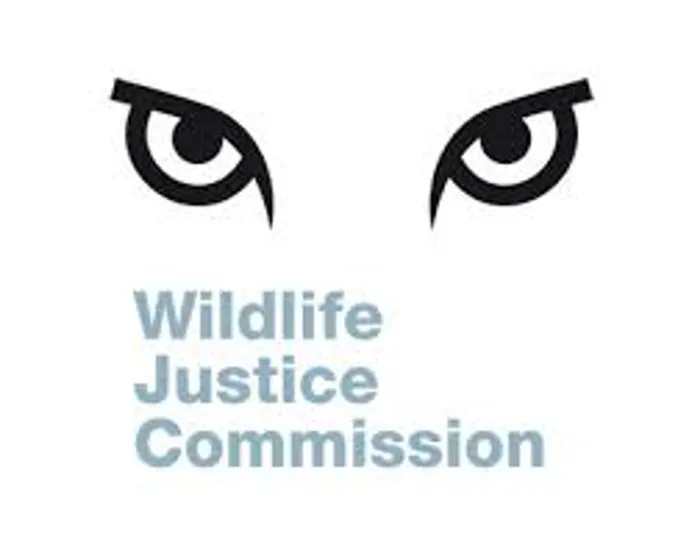Research details how corruption fuels wildlife crimes

Corruption is the air that wildlife crime breathes; it is one of the key enablers of widespread and large-scale wildlife trafficking and one of the biggest obstacles to effective law enforcement.
This is according to the Wildlife Justice Commission’s new report focusing on the role of corruption as one of the most important enabling factors behind wildlife crime.
The report, “Dirty Money: The Role of Corruption in Enabling Wildlife Crime”, presents a collection of case examples to illustrate the mechanisms and modalities of corruption in real terms – how it facilitates the movement of wildlife shipments along all stages of the supply chain from source to market, and how it can serve criminality by obstructing the criminal justice response, allowing criminal networks to operate with impunity.
The report also highlights the harm caused by corruption and urges strong action to counter it.
“In some cases, criminal networks apply sophisticated approaches to entrap officials or use threats or violence to coerce them into supporting their operations.
“An in-depth case study published by the Enhancing Nature-Based Solutions for an Accelerated Climate Transformation partnership describes the devastating impact of corrosive corruption and violent organised crime in the context of the ‘war on poaching’ in the Kruger National Park: ‘Most of Kruger’s staff live in villages and towns around the park.
“They are particularly vulnerable to the poaching syndicates and criminal gangs that live alongside them. There are no safe spaces’.”
High-profile murders in the Kruger landscape include SAPS investigator Lieutenant-Colonel Leroy Bruwer in 2020, Timbavati Game Reserve ranger Anton Mzimba in 2022, and two alleged rhino poaching kingpins, Petros Mabuza in 2021 and Clyde Mnisi in 2023.
The report noted that the authorities acknowledged the severe threat that internal corruption and collusion presented to rhino populations, and said various arrests had been made of park rangers found to be working with poaching networks and providing inside information on anti-poaching patrols and the location of rhinos.
“The Wildlife Justice Commission has collected intelligence on the leader of a rhino poaching network who indicates he is working with rangers in Kruger National Park who forward him information on where rhinos are roaming, and he then arranges his poaching teams to deploy to those locations.
“There are reported estimates that up to 40% of Kruger National Park’s law enforcement staff could be aiding poaching networks or be involved in corruption in some way; and some estimate that figure could even be as high as 70%,” the report reads.
It details that wildlife crime and corruption must be addressed in a more connected way, rather than being treated as two separate issues in law enforcement responses.
“Levelling the playing field will require an innovative and cohesive approach on the part of all stakeholders to identify the high-risk areas for corruption, develop the means to prevent, investigate, and prosecute corrupt activities, and establish a robust framework to tackle corruption along the wildlife supply chain.”
Cape Times
Related Topics: